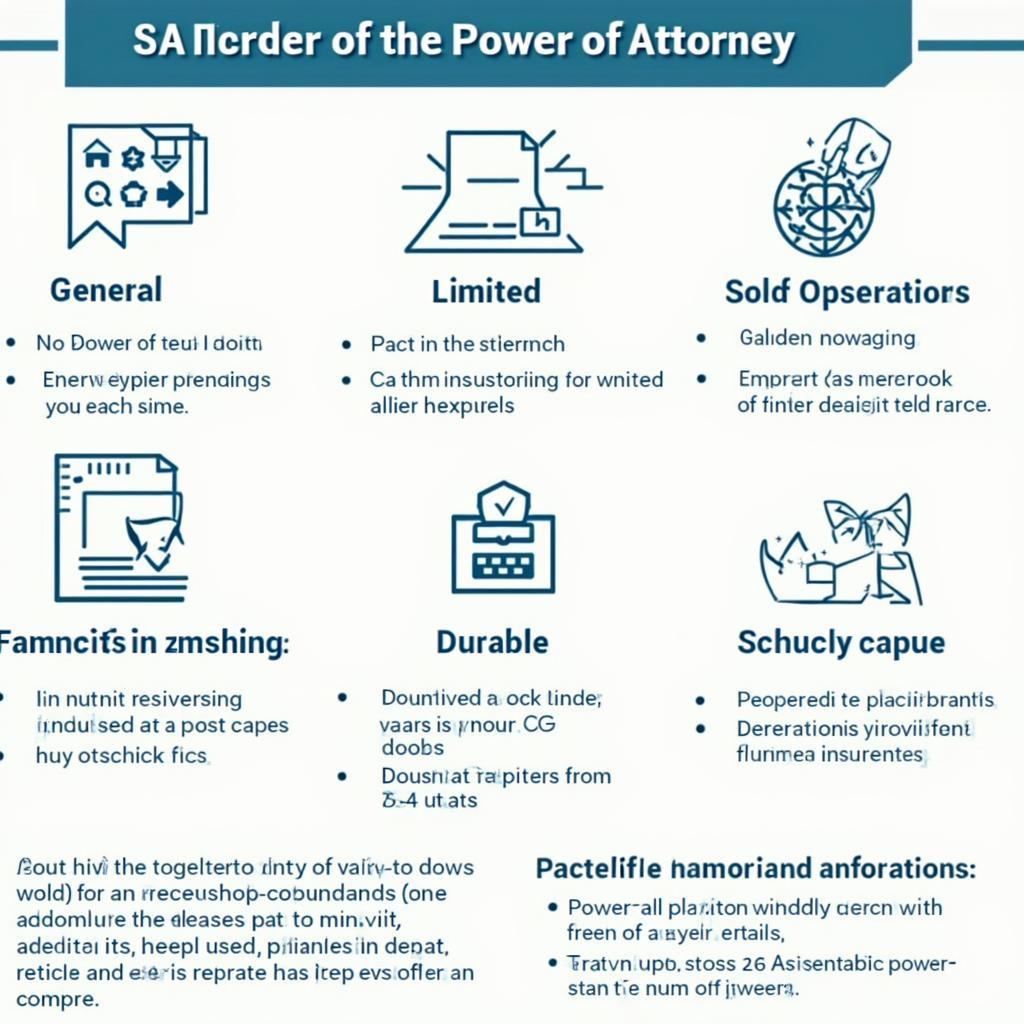
Is Power of Attorney and Executor the Same?
A power of attorney and an executor serve distinct roles, although both involve managing another person’s affairs. Understanding the differences between these two legal instruments is crucial for effective estate planning and decision-making. This article clarifies the distinct responsibilities, powers, and timing associated with each.
Understanding Power of Attorney
A power of attorney (POA) is a legal document that authorizes one person (the agent or attorney-in-fact) to act on behalf of another person (the principal). The agent can make legal and financial decisions for the principal. This authority can be broad or limited, depending on the terms specified in the POA document. A POA is effective during the principal’s lifetime and generally terminates upon the principal’s incapacitation or death, unless it is a durable power of attorney.
Types of Power of Attorney
There are several types of POAs, each designed for specific circumstances:
- General Power of Attorney: Grants broad authority to the agent to manage the principal’s financial and legal affairs.
- Limited Power of Attorney: Specifies the exact powers the agent can exercise, restricting their authority to particular actions or a specific time frame. For example, a limited POA might authorize an agent to sell a specific piece of property.
- Durable Power of Attorney: Remains effective even if the principal becomes incapacitated. This is crucial for long-term planning and ensures continuity of management in case of unforeseen circumstances.
- Springing Power of Attorney: Becomes effective only upon the occurrence of a specific event, usually the principal’s incapacitation, as determined by a physician.
 Types of Power of Attorney Explained
Types of Power of Attorney Explained
Understanding the Role of an Executor
An executor, on the other hand, is appointed in a will to administer a deceased person’s estate. Their responsibilities begin after the person’s death. The executor’s primary duty is to carry out the wishes outlined in the will, ensuring the proper distribution of assets, payment of debts, and filing of necessary legal documents with the probate court.
Executor Duties and Responsibilities
An executor has various responsibilities, including:
- Identifying and valuing the estate’s assets.
- Paying the deceased’s debts and taxes.
- Distributing the remaining assets to beneficiaries according to the will’s instructions.
- Filing required court documents related to probate.
Key Differences: Power of Attorney vs. Executor
The primary difference lies in when each role comes into play. A power of attorney is effective during the principal’s lifetime, while an executor’s role begins after the testator’s death. Further distinctions include:
- Authority Source: Power of attorney is granted by the principal through a legal document. Executor is appointed by the testator in their will.
- Scope of Authority: POA can be broad or limited. Executor’s authority is limited to administering the estate according to the will.
- Duration: POA typically ends upon the principal’s death or incapacitation (unless durable). Executor’s role continues until estate administration is complete.
Can Someone Be Both a Power of Attorney and an Executor?
Yes, the same person can be both a power of attorney for someone during their lifetime and the executor of their estate after their death. This can provide continuity in managing the person’s affairs and ensure a smooth transition.
“Choosing someone you trust for both roles is often a wise decision,” says Attorney Nguyen Thi Lan, a seasoned estate planning lawyer in Ho Chi Minh City. “It allows for a more seamless management of affairs during life and after death, minimizing potential conflicts and confusion.”
Choosing the Right Person
Selecting both a power of attorney and an executor requires careful consideration. Choose someone trustworthy, organized, and capable of handling financial and legal matters.
“Open communication is paramount,” advises Attorney Pham Van Minh, a reputable estate lawyer in Hanoi. “Discuss your wishes and expectations clearly with the individual you choose, ensuring they understand their responsibilities and are willing to undertake them.”
Conclusion
While both a power of attorney and an executor play crucial roles in managing someone’s affairs, they are distinct legal instruments with different purposes and timelines. Understanding the differences between a power of attorney and executor is vital for effective estate planning. Choosing the right individuals for these roles ensures your wishes are respected and your affairs are handled responsibly. Consult with a qualified estate planning attorney to tailor these legal tools to your specific needs and circumstances.
FAQ: Power of Attorney and Executor
- What happens if a power of attorney becomes incapacitated? If the principal becomes incapacitated, a durable power of attorney will remain effective. Otherwise, the POA terminates.
- Can I revoke a power of attorney? Yes, a principal can generally revoke a power of attorney at any time while they are mentally competent.
- What happens if an executor refuses to serve? An alternate executor named in the will can step in. If no alternate is named, the court will appoint someone.
- Do I need a lawyer to create a power of attorney or a will? While not legally required, consulting with an attorney is highly recommended to ensure these documents are legally sound and accurately reflect your wishes.
- How do I choose an executor for my will? Choose someone you trust implicitly, who is organized, responsible, and capable of handling financial and legal matters.
- What is probate? Probate is the legal process of administering a deceased person’s estate.
- Can a power of attorney make healthcare decisions? Yes, if the power of attorney document specifically grants authority for healthcare decisions. This is often referred to as a healthcare power of attorney or a medical power of attorney.




